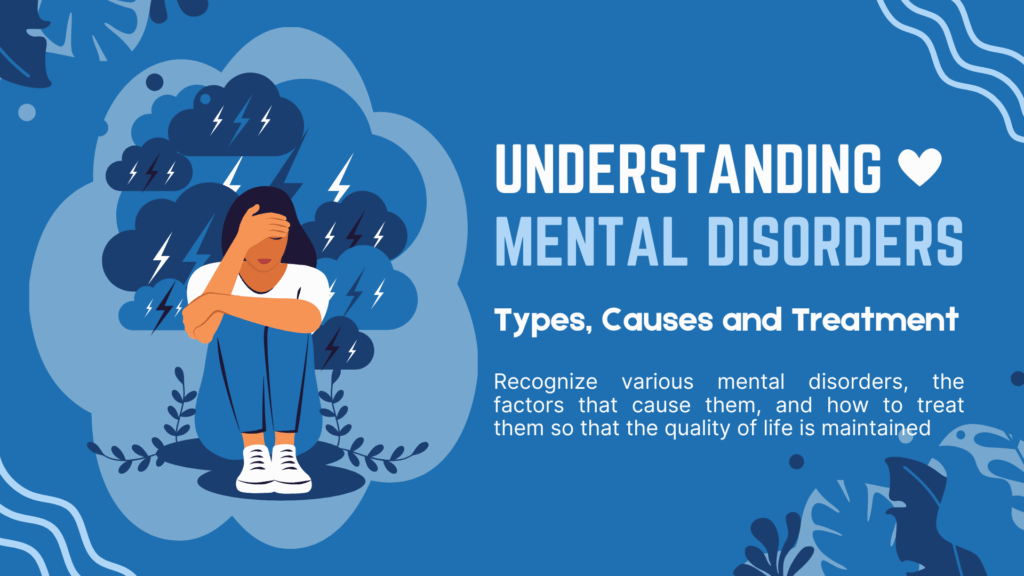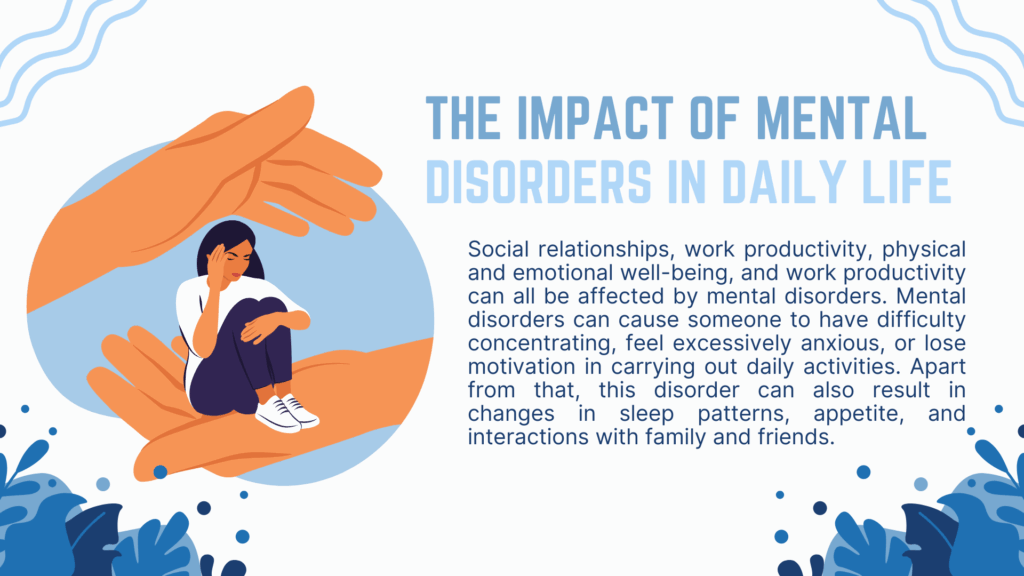Insight into Dependent Personality Disorder
Dependent Personality Disorder is a mental health condition characterized by an overwhelming need to be cared for by others, leading to submissive, clingy behaviors and a deep fear of abandonment.
People with DPD often struggle to make everyday decisions without excessive reassurance, have difficulty expressing disagreement, and may tolerate unhealthy or even abusive relationships to avoid being alone.
This isn’t just shyness or insecurity but a pervasive pattern that can undermine a person’s quality of life and well-being.
Turns out I am not the only person who can’t stand an empty room. I feel like I developed some kind of PTSD to enter my 1B1B apartment. Even though it’s a very nice apartment with all kind of decorations set up by myself, the loneliness kills me. Since there is a common room floor and party rooms in this building, I always stay there, do my work there, watch tv there, eat order ours there, and sometimes sleep on the sofa in the party room. Relationship wise I do also seek validations from others, especially girls. But maybe I am not as attractive as you, I couldn’t get that many girls with me even though I’d love to lol. @playcoldplay

How Prevalent is DPD?
While exact numbers for DPD are hard to pinpoint, mental health conditions are widespread in Georgia. About 1 in 5 adults in Georgia experience a mental health condition each year, and over 336,000 adults live with a serious mental illness.
Many of these individuals struggle in silence, especially when stigma or lack of resources make it hard to seek help. The need for accessible, compassionate mental health care in Atlanta has never been greater.
Recognizing the Symptoms of Dependent Personality Disorder
DPD can look different from person to person, but some of the most common symptoms include:
- Fear of Abandonment: An intense worry about being left alone or rejected, even in stable relationships.
- Difficulty Making Decisions: Needing constant advice and reassurance from others, even for small choices.
- Submissive or Clingy Behavior: Going to great lengths to obtain care and support, even tolerating mistreatment.
- Low Self-Esteem: Feeling incapable, inferior, or helpless without another person’s guidance.
- Avoidance of Responsibility: Struggling to start projects or make plans independently.
- Difficulty Expressing Disagreement: Agreeing with others—even when they’re wrong—out of fear of losing support.
- Urgently Seeking New Relationships: Quickly finding another person to rely on if a close relationship ends.
- Social Withdrawal: Limiting social interactions to only those they depend on, avoiding broader connections.

Impact of DPD on Daily Life
Dependent Personality Disorder (DPD) doesn’t just affect an individual’s thoughts and feelings; its reach often extends into nearly every aspect of daily life. People with DPD may struggle to function independently, relying heavily on others for emotional support and decision-making.
Over time, these patterns can disrupt healthy boundaries, create significant obstacles in both personal and professional settings, and increase susceptibility to various forms of harm or co-occurring mental health conditions.
The impact of DPD goes beyond personal discomfort. DPD can lead to the following:
- Strained Relationships: Family members and loved ones may feel overwhelmed by the constant need for reassurance.
- Workplace Challenges: Difficulty taking initiative or accepting responsibility can limit career growth.
- Vulnerability to Abuse: A strong desire to please others can make individuals susceptible to manipulation or harm.
- Co-Occurring Disorders: Depression, anxiety disorders, substance abuse, and even self-harm are common among those with DPD.
Possible Causes and Risk Factors of DPD
There’s no single cause of DPD, but several factors may contribute:
- Childhood Experiences: Overprotective or authoritarian parenting, childhood trauma, or chronic illness can increase risk.
- Attachment Issues: Early disruptions in attachment, such as inconsistent caregiving or separation from caregivers, may shape dependency patterns.
- Genetic and Biological Factors: Family history of personality disorders or mental illness may play a role.
- Cultural Influences: Societal expectations about dependence and independence can affect how symptoms develop and are expressed.
Who Is at Risk?
DPD can affect anyone, regardless of gender, age, or background. However, it often emerges in early adulthood and may be more common among people who have experienced other mental health disorders, such as anxiety, depression, or trauma-related conditions.
Decision-making is hard for me. I struggle immensely when choosing an apartment to live in. I allowed my friend and therapist to make major life decisions for me, like my college and career. I can’t even see myself. I don’t know what I want without someone telling me what I should want. Things I used to enjoy have been torn down by the people I chose to depend on, so the little bit of my identity that I knew feels shameful. I feel like if I accept myself and don’t constantly police myself, I will never find love. @CalliopeofCastanet
Co-Occurring Disorders and Dual Diagnosis
It’s common for people with DPD to experience other mental health issues, including:
- Anxiety Disorders: Chronic worry and fear are frequent companions to DPD.
- Depression: Feelings of helplessness and low self-worth can lead to persistent sadness and loss of interest in life.
- Substance Use Disorder: Some individuals may turn to drugs or alcohol to cope with emotional pain or social anxiety.
- Other Personality Disorders: DPD can overlap with borderline personality disorder (BPD), avoidant personality disorder, obsessive-compulsive personality disorder (OCPD), and others.
At Thoroughbred Wellness and Recovery, we recognize that treating DPD often means addressing these co-occurring disorders through an integrated, evidence-based approach.
Diagnosing Dependent Personality Disorder
Diagnosing DPD requires a thorough evaluation by experienced mental health professionals. At Thoroughbred Wellness and Recovery, the process can include:
- Comprehensive Medical and Psychological Assessment: Reviewing personal and family history, current symptoms, and patterns of behavior.
- Standardized Screening Tools: Using validated questionnaires to identify personality disorder traits.
- Substance Use Evaluation: Screening for substance abuse or addiction that may complicate symptoms.
- Physical Examination: Ruling out medical conditions that could mimic or worsen mental health issues.
- Family Involvement: Understanding the dynamics and support systems that influence recovery.
This detailed assessment ensures that each guest receives a personalized treatment plan tailored to their needs.
A Holistic, Evidence-Based Approach at Thoroughbred Wellness and Recovery
Thoroughbred Wellness and Recovery offers a comprehensive range of treatment options for DPD and related mental health conditions. Here’s how our approach stands out:
Levels of Care
- Partial Hospitalization Program (PHP): This program combines structured day treatment with intensive therapy, allowing guests to return home in the evenings.
- Intensive Outpatient Program (IOP): Flexible therapy sessions for those transitioning from higher levels of care or balancing recovery with daily life.
- Outpatient Services: Ongoing support for individuals who need less intensive care but still benefit from regular therapy and skill-building.
Therapeutic Modalities and Holistic Interventions
- Cognitive Behavioral Therapy (CBT): Helps guests identify and change negative thought patterns, build coping skills, and foster independence.
- Dialectical Behavior Therapy (DBT): Focuses on emotional regulation, distress tolerance, and interpersonal effectiveness, beneficial for those with BPD or emotional instability.
- Family Therapy: Engages family members in healing, improving communication, and reducing unhealthy dynamics.
- Group Therapy: Provides a supportive environment to practice new skills, share experiences, and reduce isolation.
- Equine-Assisted Therapy: Clients can choose to work with horses, building trust, confidence, and communication skills in a non-judgmental setting.
- Art Therapy, Yoga, and Mindfulness: These holistic practices support emotional regulation, stress reduction, and overall wellness.
- Experiential and Psychodrama Therapy: Creative approaches that help guests process emotions and practice new behaviors in real time.
Why Choose Thoroughbred Wellness and Recovery?
Thoroughbred Wellness and Recovery is dedicated to helping guests rediscover their strength, independence, and sense of self. Every treatment plan is tailored to each individual’s unique needs, including consideration of co-occurring disorders, family dynamics, and personal goals.
Therapies are grounded in evidence-based practices, ensuring that each approach is supported by scientific research and proven effective for personality disorders and related mental health issues.
Holistic wellness is also at the forefront, with a commitment to healing the mind, body, and spirit through a blend of both traditional and innovative modalities. The clinical team is comprised of experienced professionals, including board-certified psychiatrists, therapists, and addiction specialists who bring deep expertise in mental health and substance use treatment.
Recognizing that recovery is a journey not only for individuals but also for their loved ones, Thoroughbred Wellness and Recovery integrates family therapy and education as essential components of their comprehensive program.
Building Independence and Resilience
Recovery from DPD is possible, but it takes time, support, and the right tools. Some key strategies include:
- Learning Assertiveness: Practicing healthy boundaries and expressing needs without fear of rejection.
- Developing Problem-Solving Skills: Gaining confidence in making decisions independently.
- Building a Support Network: Connecting with peers, support groups, and mental health professionals who understand the journey.
- Practicing Self-Care: Engaging in activities that foster self-esteem, relaxation, and well-being.
- Managing Co-Occurring Disorders: Addressing anxiety, depression, substance use, or other mental health issues as part of a holistic treatment plan.
Frequently Asked Questions about DPD
Yes. With evidence-based therapies and a supportive environment, most people with DPD can make significant progress toward independence and improved quality of life.
There is no set timeline for recovery; it depends on the individual’s needs, symptoms’ severity, and co-occurring disorders’ presence. Many benefit from ongoing therapy and support.
Absolutely. Family therapy and education are essential for breaking patterns of dependency and building healthier relationships.
Thoroughbred Wellness and Recovery specializes in dual diagnosis treatment, addressing both mental health and substance use disorders for comprehensive care.
Medication may be prescribed for co-occurring anxiety or depression, but therapy is the primary treatment for DPD itself.
Thoroughbred Wellness and Recovery offers a range of treatment programs, including partial hospitalization, intensive outpatient, and standard outpatient services. Each program is tailored to meet the unique needs of individuals and foster long-term growth and independence.
Our approach to mental health treatment combines evidence-based therapies, holistic modalities, and individualized care plans. We focus on addressing co-occurring behavioral health concerns alongside DPD to support overall well-being.
Our team includes board-certified psychiatrists, licensed therapists, addiction counselors, and other behavioral health professionals with extensive experience in treating personality disorders and related mental health issues.
Psychotherapy is a core aspect of our treatment approach. It involves meeting regularly with a qualified therapist to explore experiences, emotions, and behaviors, and to develop strategies for healthier relationships and greater independence.
Our treatment center stands out for its comprehensive and compassionate care, highly qualified providers, and the integration of effective treatment methods that address the whole person—mind, body, and spirit.
Most insurance plans provide coverage for behavioral health services, including effective treatment for DPD. Our team is happy to help you understand your insurance benefits and explore payment options.
Simply contact our treatment center for a confidential assessment. Our providers will guide you through the process and help you find the program that best meets your needs.
You Are Not Alone
If you or someone you care about is struggling with Dependent Personality Disorder or another mental health condition, remember: recovery is possible. At Thoroughbred Wellness and Recovery, you’ll find a team that understands your unique needs and is dedicated to helping you build a life of confidence, independence, and authentic connection.
Don’t wait for things to get worse. Reach out today to learn more about treatment options, schedule an assessment, or talk to someone who cares—your journey to wellness and a more fulfilling, independent life can start now.
If you’re ready to take the next step, contact Thoroughbred Wellness and Recovery in Atlanta, GA, at 770-564-4856 and discover how evidence-based, holistic care can help you or your loved one thrive.










